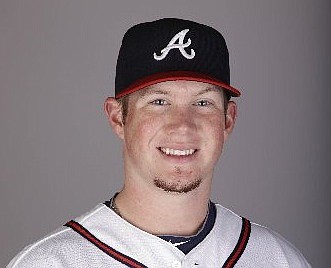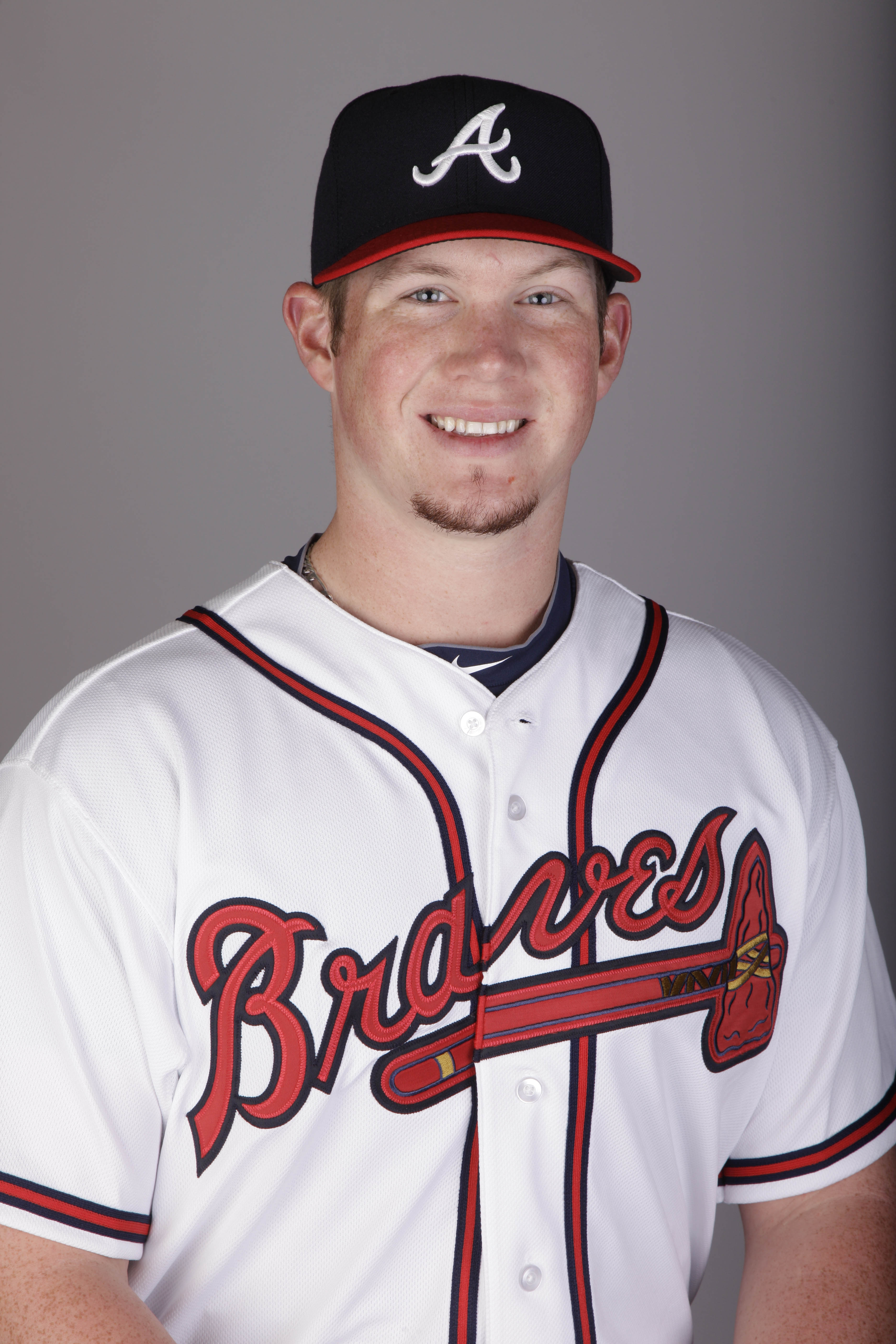Craig Kimbrel eager to get past last outing
Friday, January 1, 1904
KISSIMMEE, Fla. -- Craig Kimbrel is excited about his new locker in the Atlanta Braves' spring-training clubhouse.
Instead of being relegated to the side of the room that is largely for rookies, backups and obscure minor leaguers, Kimbrel has switched to a prime location right next to the Braves' top starting pitcher, Tim Hudson.
"I'm on the cool side of the locker room now," Kimbrel joked Monday. "I'm more in the middle of everything."
That's only fitting, because he was in the middle of a lot of key moments during his first full season in the big leagues.
Unleashing a fastball that approaches 100 mph, Kimbrel buckled the knees of big-league stars and left others flailing at pitches they had no chance of actually hitting. He set a rookie record with 46 saves. He didn't give up a run for nearly three months. He was a unanimous choice for National League rookie of the year, anchoring a Nasty Boys-like bullpen that also included fellow All-Star Jonny Venters and Eric O'Flaherty.
For all the accolades and dominance, however, there's still the matter of Kimbrel's last trip to the mound.
Sweating profusely and unable to throw strikes, he failed to hold a ninth-inning lead against Philadelphia on the final day of the season. The Braves wound up losing in the 13th inning, completing a September collapse that cost them a spot in the postseason.
No wonder Kimbrel was so eager to take the field at the first official workout for pitchers and catchers.
"I'm more anxious this year to get things going," Kimbrel said. "We all are. The way last year ended, we're all ready to get going and say, 'Last year was last year and we've got a clean slate now."'
Of course, it's not so easy to wipe away one of the most epic swoons in baseball history. At the beginning of September, the Braves seemed a lock for the playoffs. By the end of the month, having lost 18 of their final 27 games, Atlanta could only watch as the Cardinals celebrated an improbable charge to the NL wild card.
St. Louis rubbed more salt in the wound by going on to capture the World Series title.
"I wouldn't want to wish that on anybody else," Braves manager Fredi Gonzalez said. "We've just got to keep going forward. If you keep going back to it, you'll never be able to go forward. It's there. It's going to be there for the rest of our lives. It's black and white in the history books. We can't take that back. That being said, we've got to move forward."
Kimbrel is certainly ready to move on, which is perhaps the most necessary trait for any successful closer. A short memory is an absolute must. This is a position that, by its very definition, requires pitching in the ninth inning with the game on the line. There can be plenty of exhilarating highs but inevitably some gut-wrenching lows.
For the 23-year-old Kimbrel, the latter came at the worst possible time.
"It was an important game. Then again, in my eyes, it was just another game -- a game where I just didn't do my job," he said. "There's no reason to dwell over it. There's nothing we can do about it right now. All we can do is get ready for this season."
With that in mind, Kimbrel changed his routine in hopes of being stronger late in the season. He cut back on the throwing he normally does over the winter, and he's not all that concerned about being in top form for his very first appearance of spring training. Sure, that goes against the all-or-nothing nature of a hard-throwing closer, but a little prudence in the beginning could pay big dividends at the end.
Certainly, Kimbrel doesn't want to go through another September like the last one. In his final eight appearances, he blew three save chances and surrendered six runs in 7 1/3 innings. He still showed flashes of his dominating repertoire, striking out 12 during that span, but his command of those pitches clearly faded as he gave up seven hits and six walks.
"I felt great," he insisted. "My fastball was still there. But in this game, when you throw pitches in certain spots, these hitters are going to hit it. That's just how it is."
Gonzalez took plenty of heat for the way he used the bullpen, especially his two All-Stars. Kimbrel made 79 appearances, a huge increase in the workload he had just a couple of years earlier in the minors. Venters pitched in a league-high 85 games -- and, like Kimbrel, wasn't nearly as effective in that crucial final month.
In retrospect, Gonzalez acknowledges that he might've gone to Kimbrel and Venters more than was necessary early in the season. This time, he might try to stick with a hard-and-fast rule about only using them in in the eighth and ninth innings when the Braves have a lead. Then again, it's easy to chart out a pitching schedule in February. Let's see what happens when the games actually count.
"It's easier said than done," Gonzalez said. "Last year, we played 41 one-run games. We played 26 extra-inning games. Somebody has got to pitch those innings. You've got to remember, those games in April are just as important as the ones in July and August and September."
Even though the final month didn't go as planned, the Braves could hardly complain about their Big Three in the bullpen. O'Flaherty, who usually worked the seventh inning, posted a miniscule 0.98 ERA. Venters, the eighth-inning specialist, went 6-2 with a 1.84 ERA and five saves. Kimbrel, the finisher, had a staggering 127 strikeouts in 77 innings with a 2.10 ERA.
As a group, they brought back memories of Cincinnati's "Nasty Boys" from the early 1990s -- Rob Dibble, Randy Myers and Norm Charlton.
The only thing this trio lacks is a catchy nickname.

